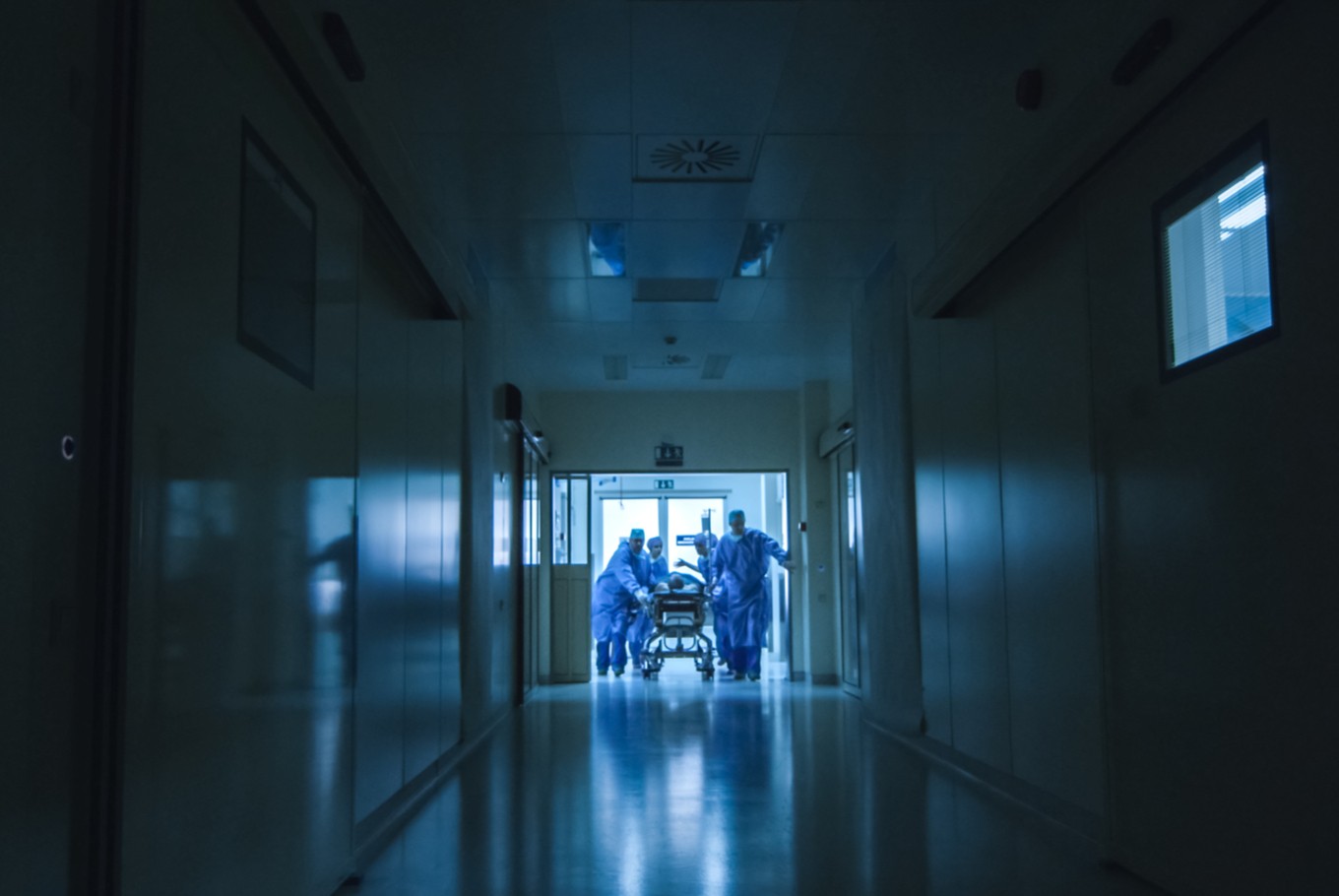Popular Reads
Top Results
Can't find what you're looking for?
View all search resultsPopular Reads
Top Results
Can't find what you're looking for?
View all search resultsEmergency medical system unprepared for attacks
We should use this moment to reflect: how many lives could we save, if only we worked together to strengthen the foundation of emergency medicine?
Change text size
Gift Premium Articles
to Anyone
T
he Surabaya bombings last Sunday, which saw relatively high numbers of victims, places of worship targeted and the involvement of children, has drawn nothing less than massive public disgust.
In addition to the raging discussion about the lack of governmental measures to combat terrorism, emphasis is also needed on how to quickly and effectively manage such devastation.
How fatal a terrorist attack is, is largely dependent on how prepared the city/country is. It is crucial to point out that victims who die at the scene are totally different from people who make it to ambulances/hospitals but do not survive. When there are more in-hospital deaths than immediate at-the-scene casualties, the failure is in the emergency medical management system.
The truth is, Indonesia does not have an Emergency Medical Services (EMS) system, which is the backbone of emergency management. It is time for the country to develop an effective EMS system, particularly because of its vulnerability to disasters.
Disasters, both natural and man-made, are inevitable but can be prepared for, responded to and recovered from. How we react to disasters is a part of human evolution and will always be a dynamic discipline.
In modern medicine, emergency preparedness and disaster management are intensely studied topics that are applied worldwide to deal with earthquakes, volcanic eruptions and terrorist attacks. The main idea is simple, how can lives be saved and injuries minimized. Each disaster may present different and complicated challenges but a city or country could rely on a well-regulated system to deal with it.
EMS generally comprises a widely accessible communications center (e.g. 911 in the US), ambulances that can be dispatched and medical facilities trained to deal with victims. A call from anyone who needs help will result in a dispatcher sending an appropriately trained medical team (paramedics, nurses), which can transport the patient to a suitable receiving hospital. This will avoid delayed care.
An exemplary example of emergency medical management was the Boston Marathon bombings of 2013. Although the two blasts injured 281 people, only three people died at the scene and there were no in-hospital deaths. Ambulances were promptly dispatched and transported all injured victims to well-prepared trauma centers. Lives were saved because the people of Boston cared to ensure that their EMS system worked.
Indonesia sadly does not have a sophisticated EMS, or for that matter, a working system. The closest thing to an actual EMS system that we have is emergency ambulance (AGD) 118 in Jakarta. An emergency call center, like 911, is available by dialing 118, which also provides ambulances covering the whole city.
Ironically, the public lacks awareness of the 118 call center, and there’s no great interest in improving it. The Jakarta 118 call center receives 50-75 calls/day, compared to 911 in Los Angeles, which receives more than 9,000 calls/day.
The ambulance service itself is gravely underfunded and therefore its service might be too costly for most people. The average response time of 118 ambulances is also 37 minutes, depressingly longer then the ambulances services in the US, 10 minutes, or Japan, 7 minutes.
In most other cities in Indonesia, AGD 118 is not even available. Victims are usually transported to the closest hospital by police or good Samaritans who are not medically trained. This means the victims do not receive any medical care during transportation and they might be brought to hospitals with inadequate facilities causing yet more treatment delays.
EMS systems lie within the broad field of Emergency Medicine, which is the medical specialty dedicated to the diagnosis and treatment of unforeseen illness or injury. Emergency rooms (ERs) in countries like the US, France and even Malaysia, are staffed by physicians who are specially trained in Emergency Medicine. They are used to dealing with patients who have complex medical problems and require advanced yet meticulous treatment.
This makes sense for most of the world but perhaps not in Indonesia. The concept of Emergency Medicine is not well known and patients coming to the ERs are seen by general practitioners who are also usually recent medical graduates. The lack of expertise in Emergency Medicine leads directly to our current inadequate EMS system.
EMS in Indonesia is messy, inadequate and far from what a fast-emerging country should have. The public needs to recognize the importance of developing EM as a distinguished specialty to help develop and run the system.
The Surabaya bombings were a tragedy. A tragedy caused by terrorists but also a tragedy caused by our response. We should use this moment to reflect: how many lives could we save, if only we worked together to strengthen the foundation of emergency medicine?
The time to act is now.
***
The writer is a research coordinator at LA BioMedical Research Institution, Department of Emergency Medicine, UCLA, Torrance, California.











